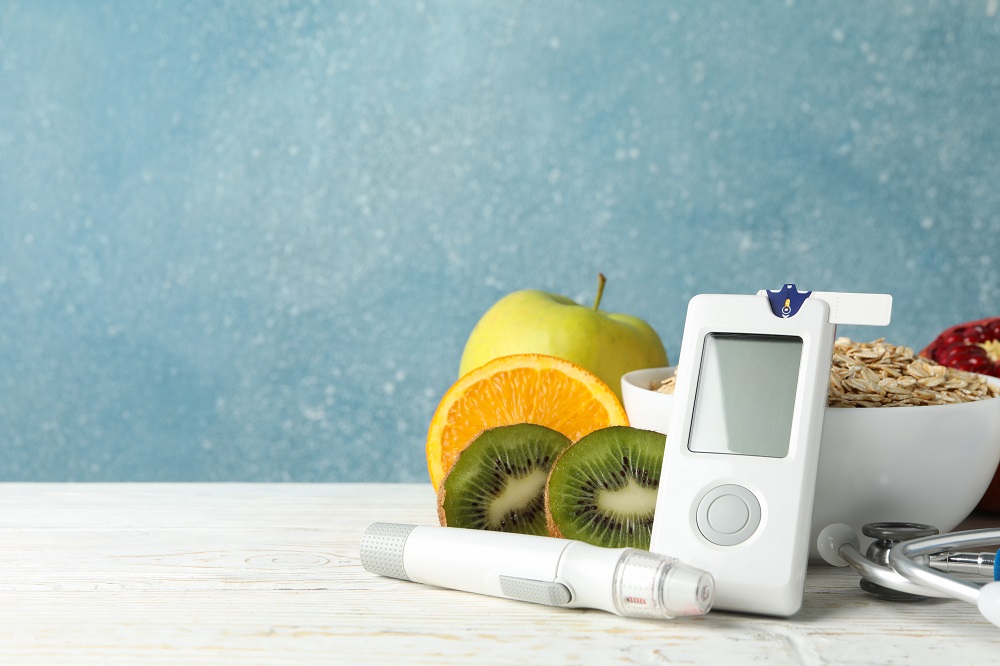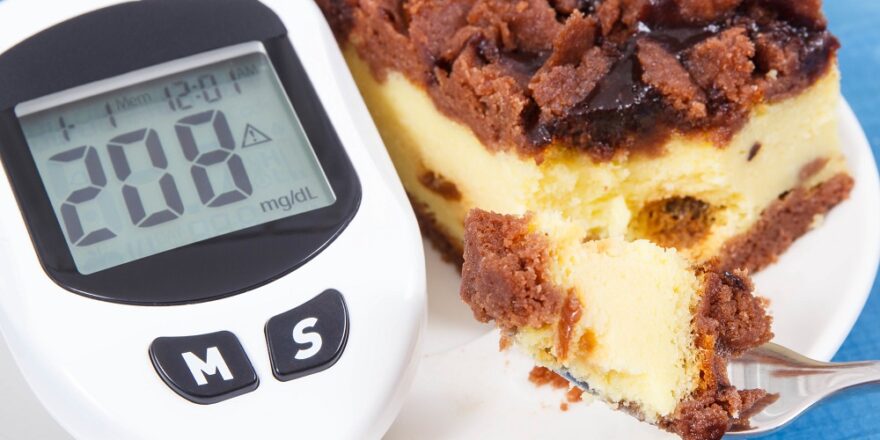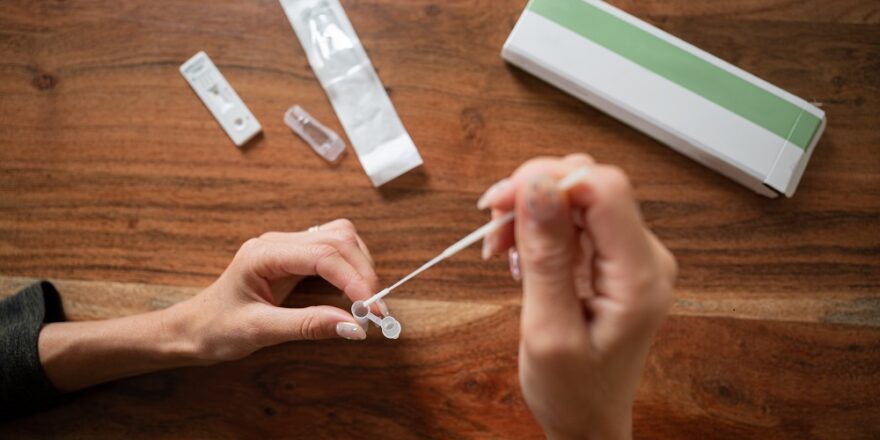Tips For Dental Care
- Monitor your blood sugar level, and follow your doctor’s instructions for keeping your blood sugar level within your target range.
- Brush your teeth at least twice a day. Brush in the morning, at night and, ideally, after meals and snacks. Use a soft-bristled toothbrush and toothpaste that contains fluoride.
- Schedule regular dental visits. Visit your dentist at least twice a year for professional cleanings, X-rays and checkups.
- Make sure your dentist knows you have diabetes. Every time you visit your dentist, remind him or her that you have diabetes.
- Look for early signs of gum disease. Report any signs of gum disease — including redness, swelling and bleeding gums — to your dentist. Also mention any other signs and symptoms, such as dry mouth, loose teeth or mouth pain.
- Don’t smoke. Smoking increases the risk of serious diabetes complications, including gum disease and ultimately, loss of your teeth. Your efforts will be rewarded with a lifetime of healthy teeth and gums
Tips For Foot care
- Check your feet every day for cuts, redness, swelling, sores, blisters, corns, calluses, or any other change to the skin or nails.
- Wash your feet every day in warm (not hot) water. Don’t soak your feet. Dry your feet completely
- Never go barefoot. Always wear shoes and socks or slippers, even inside, to avoid injury.
- Wear shoes that fit well. For the best fit, try on new shoes at the end of the day when your feet tend to be largest. Always wear socks with your shoes.
- Trim your toenails straight across and gently smooth any sharp edges with a nail file
- Don’t remove corns or calluses yourself
- Get your feet checked at every health care visit. Also, visit your foot doctor every year (more often if you have nerve damage) for a complete exam, which will include checking for feeling and blood flow in your feet.
- Keep the blood flowing. Put your feet up when you’re sitting, and wiggle your toes for a few minutes several times throughout the day.
- Choose feet-friendly activities like walking, riding a bike, or swimming. Check with your doctor about which activities are best for you and any you should avoid.
Tips For Eye care
- Schedule appointments with your eye doctor at least once a year so they can spot any problem early and treat it
- Keep your blood sugar under control. If you do that, you can slow any damage to the tiny blood vessels in your eyes
- Keep high blood pressure in check. It can lead to eye disease, too. For most people with diabetes, it should be less than 130/80.
- Check your cholesterol levels. All it takes is a blood test to find out how much “bad” LDL and “good” HDL cholesterol you have. Too much LDL is linked to blood vessel damage.
- Eat for wellness. Go for fruits, vegetables, whole grains, and lean protein.
- If you smoke, quit.
- Move more. Exercise can have a big influence on blood sugar.
Get medical care ASAP if you have any of these symptoms:
- Blurry vision
- Black spots
- Flashes of light
- Any loss of sight in one or both eyesS – TAKE CARE IN DIABETES




